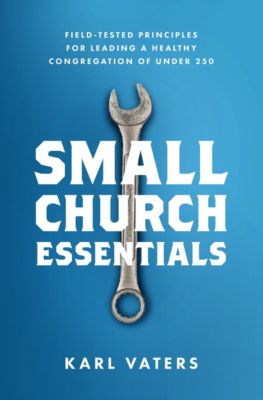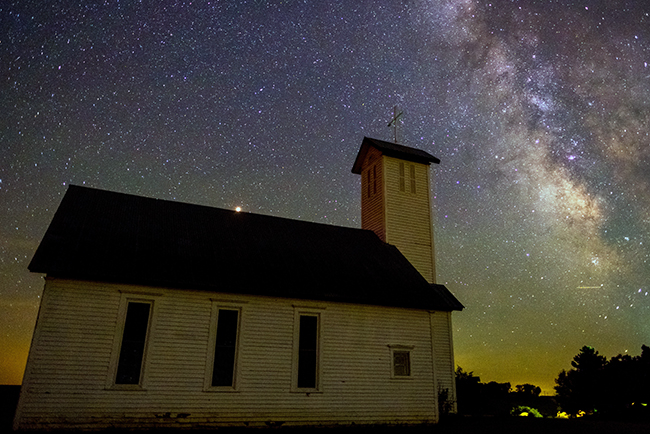
By Aaron Earls
The start of the new year can feel exciting, but it can also seem overwhelming. Recent years have revealed how difficult it can be to prepare for the unknowns coming in the next 12 months.
Still, there are some statistical realities we discovered in 2021 that can help us as we think about ministry in 2022.
1. 91% of churchgoers said they plan to return
At the beginning of 2021, more than 9 in 10 pre-COVID churchgoers said they planned to attend in-person services as much or more than they did prior to the pandemic when COVID-19 is no longer an active threat to people’s health, according to Lifeway Research. Recent variants have complicated the issue, and as of late last year, the average church is still missing 1 in 4 churchgoers. There are steps churches can take to recover the missing, but this reality is shaping up to be the primary issue for 2022.
2. 1.5% of pastors leave the pulpit each year
Despite widespread speculation that many pastors were quitting, Lifeway Research found the rate of pastor attrition remained statistically unchanged from 2015. That does not mean, however, that this season has been easy on pastors. Now, more say their role is frequently overwhelming.
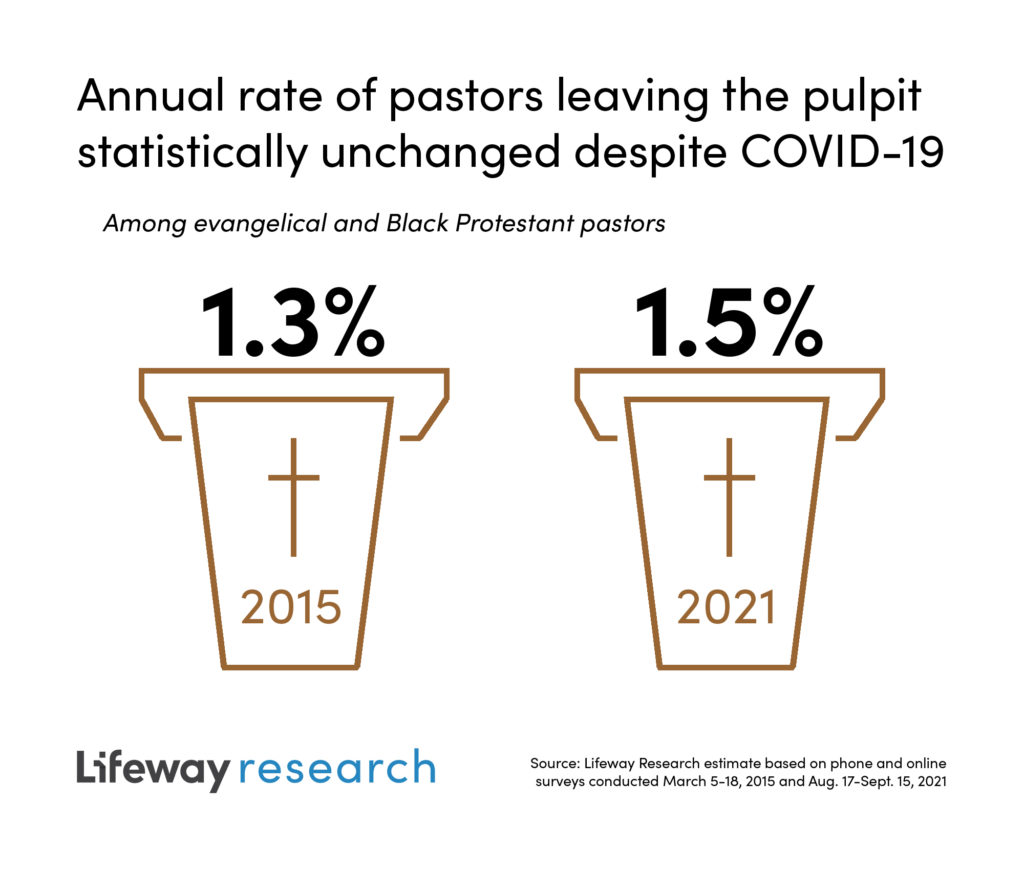
3. 63% of Americans identify as Christian
That marks a 15-point drop in the past 14 years according to Pew Research, as 78% called themselves Christian in 2007. The decline of Christians in the U.S. has been matched by a rise in the religiously unaffiliated. Their number has almost doubled since 2007—from 16% to 29%.
4. 41% of Americans say the Son of God existed before Jesus was born
Most Americans (80%) agree Jesus Christ is the Son of God the Father, according to Lifeway Research, but half that believe the Son of God existed prior to Jesus’ birth in Bethlehem. The 2020 State of Theology Study showed that 72% of Americans believe there is one true God in three persons: God the Father, God the Son and God the Holy Spirit. However, Americans, including many churchgoers, remain confused about the Trinity and could use some help from their pastors.
5. 1 in 6 young adults identify as LGTBQ
Few American adults identify as lesbian, gay, bisexual or transgender (5.6%), according to Gallup, but the numbers are much higher among younger generations (15.9% of Gen Z). Almost every Christian student will have an LGBTQ friend or classmate, so church leaders must speak on issues of sexuality with truth and love.
6. 1 in 2 pastors say the economy is having no impact on their church
Emerging from the pandemic, most churches don’t seem to be underwater financially, but many are treading water.
Around half of U.S. Protestant pastors say the current economy isn’t really having an impact on their congregation, according to Lifeway Research. The 49% who say the economy is having no impact on their church marks the highest percentage since Lifeway Research began surveying pastors on this issue in 2009.
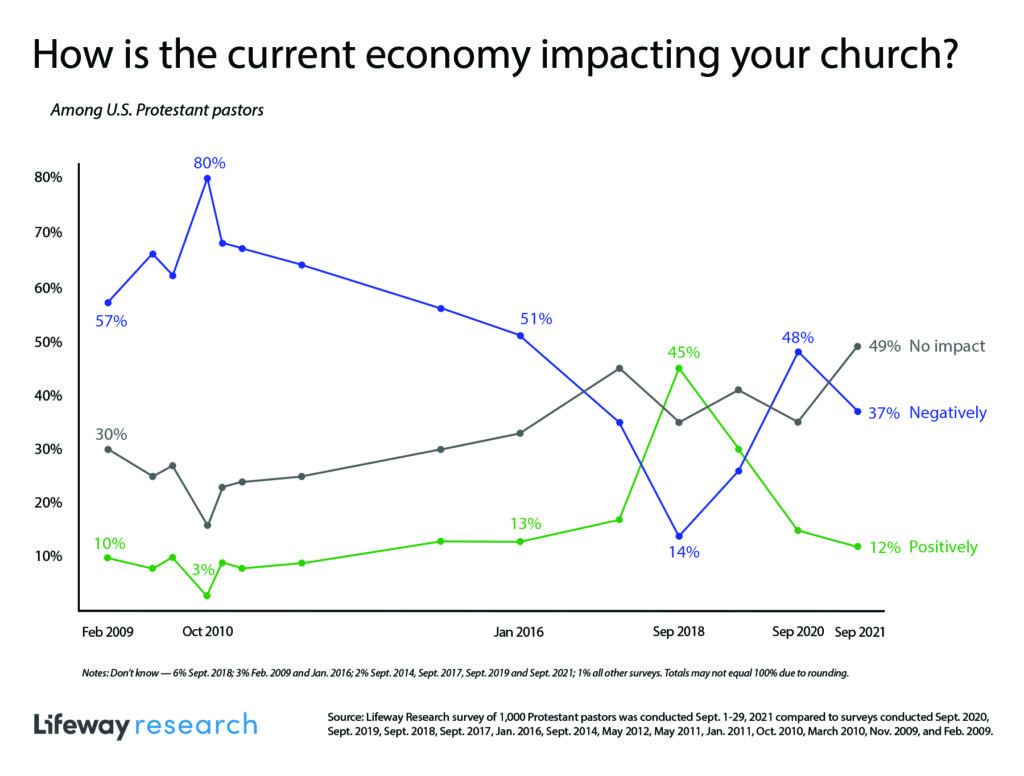
7. 47% of Americans are members of a house of worship
Less than half of Americans say they belong to a house of worship, marking the first time, since Gallup began collecting data in 1937, a majority aren’t part of a church, synagogue, or mosque. Religious membership was stable throughout the 20th century but fell from 70% in 2000 to 47% in 2020.
8. Adding online giving increases per capita giving of regular participants by $300 annually
Among churches that offered online giving, the average congregation saw almost 1 in 4 of their people (23%) use the option. Those churches also reported receiving an average of 22% of their regular monthly donations through online giving. The Faith Communities Today report found that by merely adding an online giving option, the average church will gain an extra $300 per year per regular churchgoer.
9. 4,500 U.S. Protestant churches closed in 2019
U.S. Protestant churches endured a difficult 2020, including starting the year with fewer congregations. In 2019, approximately 3,000 Protestant churches were started in the U.S., but 4,500 Protestant churches closed, according to estimates from Lifeway Research.
10. 3 in 10 Unchurched Americans say a Christian has shared the gospel with them
Despite openness to religious conversations and relationships with Christians, few unchurched Americans have ever had someone explain exactly how to become a Christian or why they should think about doing so. Only 3 in 10 unchurched Americans (29%) say a Christian has ever shared with them one-on-one how a person becomes a Christian, according to Lifeway Research. Only slightly more say a Christian has told them about the benefits of participating in a local church (33%) or the benefits of becoming a Christian (35%).
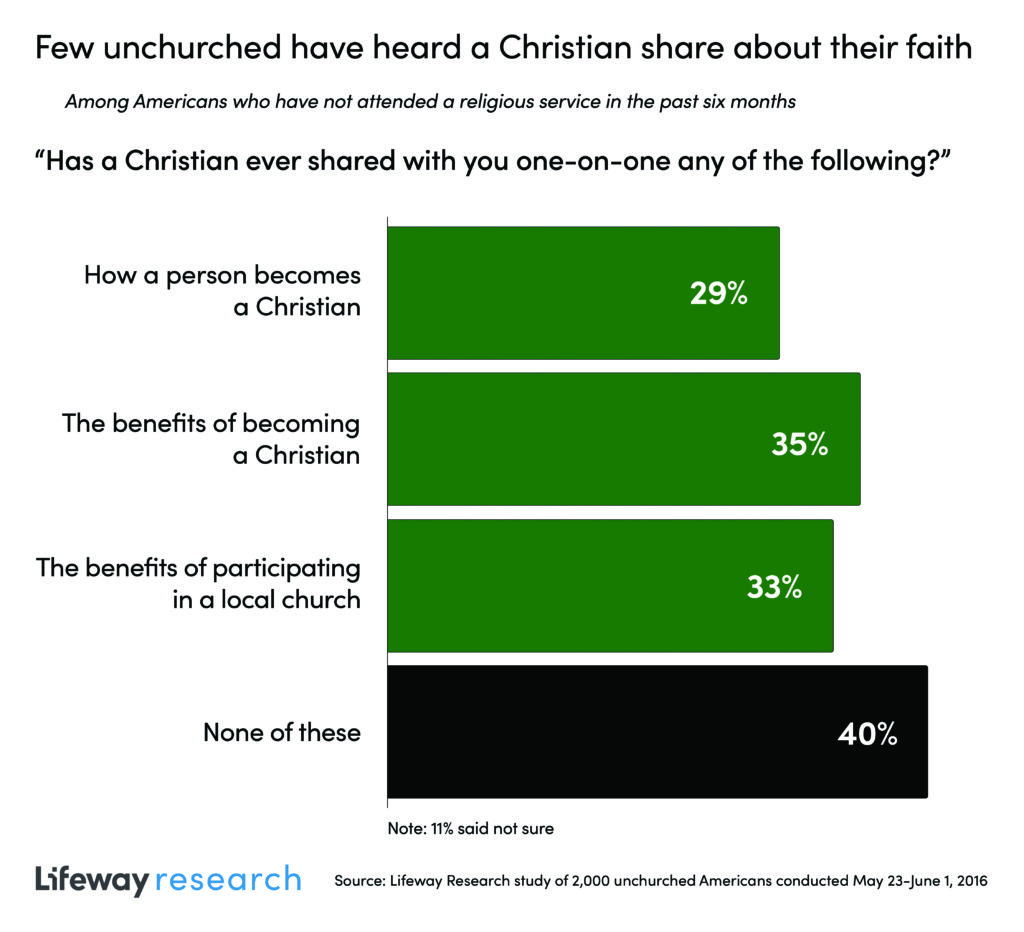
11. 57% of Americans think at least monthly about how they can find more meaning and purpose
Americans’ perspective is shifting on some of the most significant questions facing humanity. Lifeway Research finds, compared to a decade ago, U.S. adults today are more likely to regularly wonder about meaning and purpose in this life but less likely to strongly believe finding a higher meaning and purpose is important. Americans are also more likely to contemplate whether they will go to heaven when they die but less likely to strongly believe there is more to life than this physical world.
12. 39% of Americans see pastors as honest
After briefly stabilizing, Americans’ positive opinions of the ethics of pastors have declined eight of the last 10 years. This marks the second time since Gallup began surveying Americans about their trust of various occupations that fewer than 2 in 5 gave clergy the highest ratings. Two years ago, pastors reached their lowest mark at 37% who say they have high or very high honesty. Last year, the climbed back up to 40% before dipping back down to 39% in the last survey.
13. 1 in 4 churchgoers work at least one Sunday morning a month
Most churchgoers aren’t faced with a job preventing them from gathering with their church on Sunday mornings, according to Lifeway Research. Still, 23% of Protestant churchgoers at least occasionally are forced to miss Sunday morning services because of their job, including 5% who have to work that time each week. Among churchgoers who have a job, 64% never have to work on Sunday mornings, yet more than a third (36%) are required to at least occasionally clock in during those hours. For 8%, their job requires them to work every Sunday morning. Another 10% work at that time twice a month or more, 7% say once a month, 7% a few times a year, and 4% once a year or less.
14. 49% of pastors hear conspiracy theories in their congregations
While Americans have been caught in a whirlwind of conspiracy theories the last several months, many pastors say they hear such unfounded claims from their church members. Lifeway Research finds 49% of U.S. Protestant pastors say they frequently hear members of their congregation repeating conspiracy theories they have heard about why something is happening in our country.
15. 37% of Americans have confidence in the church
Americans’ confidence in major U.S. institutions—including the church—fell in 2021, after a brief increase during the 2020 pandemic. From 2019 to 2020, Americans who expressed confidence in the church as an institution grew from a historic low of 36% to 42%, according to Gallup. However, that number dropped back down to 37% in 2021.
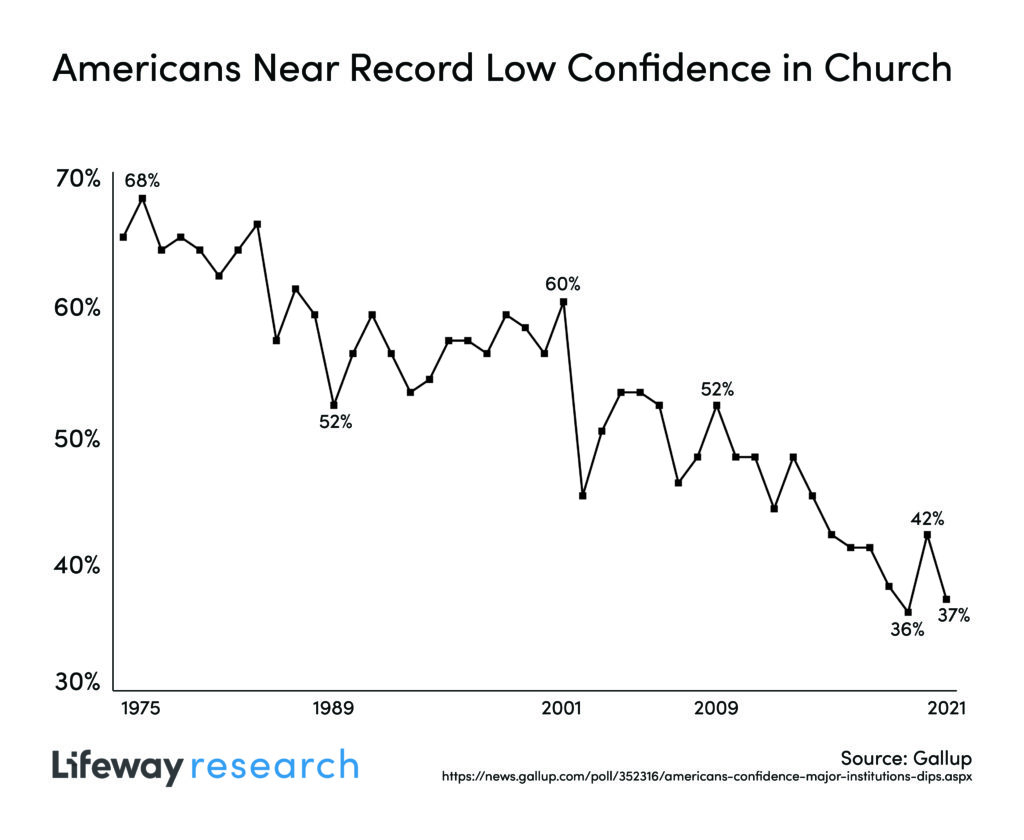
16. 46% of Americans say we have made worthwhile progress in race relations—28 points fewer than in 2014
Americans are much less likely to believe the nation has made significant progress in race relations, according to Lifeway Research. They are also twice as likely to disagree than in 2014. Today, 46% don’t believe we have come a long way on race relations, while it was 23% in 2014. Perhaps relatedly, Lifeway Research also found pastors seem more reluctant to preach on the topic. Today, 17% of pastors say their church would not want to hear about racial reconciliation, up from 7% in 2016. However, pastors who have preached on race relations, even those who have been criticized for it, are more likely than those who have avoided the topic completely to believe their church would welcome a sermon on race relations.
17. 41% of Americans want to avoid fear most
After what was a scary year for many, more Americans say they want to avoid fear. According to Lifeway Research, when asked which feeling they seek to avoid the most, 4 in 10 U.S. adults (41%) say fear. Far fewer say shame (24%) or guilt (22%). Around 1 in 10 aren’t sure.
Fear topping the list is a marked change from a 2016 Lifeway Research study that found Americans more evenly divided, but with shame (38%) being the emotion people most wanted to avoid, followed by guilt (31%) and fear (30%).
18. Churchgoers are twice as likely as the average American to be 65 and older
Since 2008, the average percentage of senior participants in congregations (65 and older) has risen 5%, according to the latest Faith Communities Today study. While this aging trend mirrors a similar one in the U.S. population as a whole, churchgoers are twice as likely to be 65 and older. According to the U.S. Census Bureau’s 2019 American Community Survey, 17% of Americans are 65 and older. In FACT’s study, 33% of U.S. congregations are senior citizens. Not only are congregations growing older, so are their leaders. The average clergy member is 57 today compared to 50 in 2000, according to the FACT study.
19. 69% evangelicals look for opportunities to speak with neighbors
Christians who attend church at least monthly (71%) are more likely than those who attend less frequently (51%) to be actively looking to talk to those who live around them, according to Lifeway Research. Those with evangelical beliefs (69%) are also more likely than those without such beliefs (54%) to be actively wanting those times of discussion. Church leaders just need to encourage them to make faith a topic of those conversations.
20. 53% of Americans say churches in their community were helpful during the pandemic
Many Americans found themselves in need, as the COVID-19 pandemic caused significant loss of life, medical burdens and business closures. Most say local churches were helpful during this difficult season. Lifeway Research found 53% of Americans say churches in their community have been helpful during the coronavirus pandemic, with 27% saying congregations were very helpful. Few (7%) found local churches to be hurtful, but a sizable number say they were neither helpful nor hurtful (23%) or weren’t sure (16%).
21. 15% of Americans say they normally don’t attend church services but watched an online service during the pandemic
Prior to the COVID-19 pandemic, online worship services were a novel concept for many churches. In the almost two years since, however, churches have adapted and reached new people with the adoption of digital streaming.
According to Lifeway Research, 45% of Americans say they have watched a Christian church service online during the COVID-19 pandemic, including some who say they don’t normally physically attend. “It’s not surprising to see churchgoers using online options to view a church service, but there are also those who have not been church attendees who have at least checked out a church service during the pandemic,” said Scott McConnell, executive director of Lifeway Research.
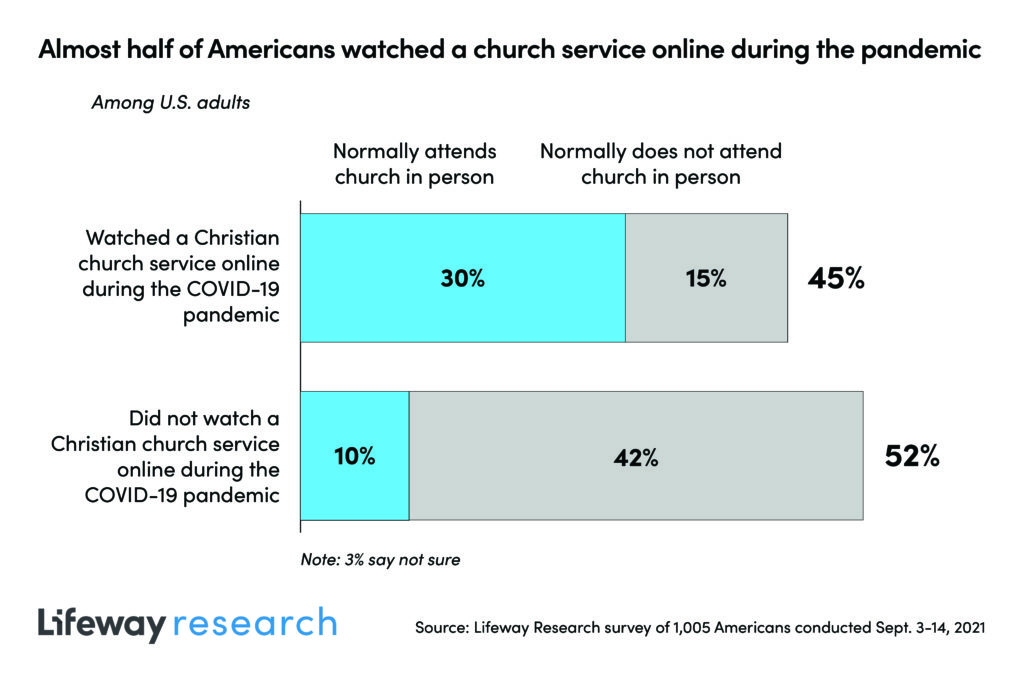
22. 65 people attend the median U.S. church each week
The average U.S. church and the average U.S. churchgoer are headed in opposite directions. Congregations are increasingly small, while remaining churchgoers are increasingly headed toward larger churches.
The 2020 Faith Communities Today study of more than 15,000 U.S. religious congregations revealed that 7 in 10 U.S. churches have 100 or fewer weekly worship service attendees, while 7 in 10 U.S. churchgoers attend a church with more than 250 each week. Half of all churches have fewer than 65 people in their weekly worship service.



